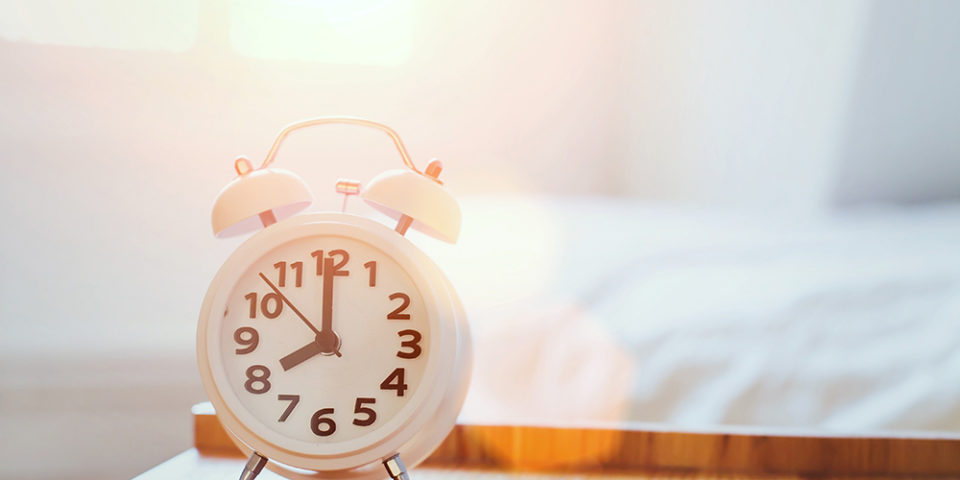10 tips to help you spring forward or fall back
Imagine you are traveling from South Carolina to California. The day will feel quite long since you gained a few hours and your body will need time to adjust. The same can be said of Daylight Saving Time. Whether you’re springing forward or letting the clock fall back, even the smallest time change can impact your body.
“The time change can be a tough change for both children and adults,” said Antoinette Rutherford, MD, sleep medicine physician. “It can throw off your sleep, appetite, attention span and mood, among other things. Your internal clock is set by light and dark patterns, not by what it reads on your watch.”
Dr. Rutherford provided these 10 tips to help improve your sleep as you adjust.
- Transition gradually. Make small adjustments in your bedtime for several days beforehand to minimize the impact of the switch. Go to sleep 15 minutes early for a couple of days, then 30 minutes early for a couple of days.
- Commit to seven or eight hours of sleep each night. If you know you’re going to have a hard time adjusting, commit to doing the best thing for your body, which is to get plenty of sleep on a regular basis.
- Stay on a regular sleep schedule. Keep consistent sleep schedules—even on weekends—to help your body adjust to the time change.
- Get plenty of exercise. Participate in a moderate level of exercise every day to sleep better. Try to finish your workout at least within two hours of your bedtime to allow your body to fully quiet down.
- Avoid caffeine, tobacco and alcohol before bed. These substances can interfere with your sleep habits and make it difficult to function during the day.
- Factor in time to relax before bed. Bedtime rituals aren’t just for children. Reduce distractions and stimulation before bed to promote good sleep and relaxation. Read a book, listen to soothing music or soak in a hot bath or shower.
- Avoid screen time. Put away electronics at least 30 minutes before bed. Electronics can hinder melatonin which triggers sleepiness.
- Transform your sleep space. The room you sleep in should be cool, quiet and relaxing. This will give you the best chance for a good night’s sleep.
- No naps. Daytime naps, even if you are feeling sluggish, can make it harder for you to fall asleep at night.
- Enjoy bright light early in the morning. Say hello to South Carolina sunshine, and if you cannot get to the sun as soon as you get up then turn on the lights in your house.
Find a doctor
Whether you’re looking for a primary care physician or need to see a specialist, we’re here to help with experienced, compassionate care near you.
Find a Doctor

